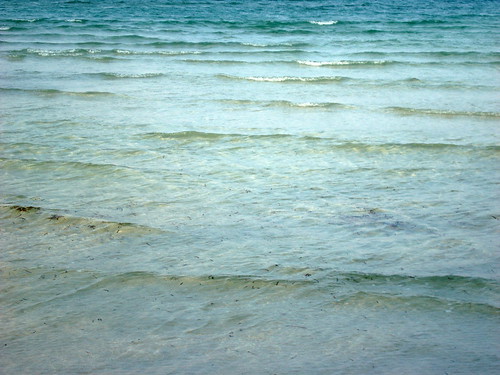The structure is based on the traditional university style education, involving lectures and tutorials. 6 lectures are generic looks at social media in society, followed by another 6 applied to a specific area of interest.
- Orientation to this unit
- It's the best of times, it's the worst of times - The pros and cons of social media so far
- The machine is us/ing us - Privacy, data, economic models and other basis’ for social media services
- An anthropological introduction to Youtube - Cultures and trends in large social media networks
- Radical transparency - Open source and participatory economics, mashup, sampling and re appropriation culture
- The evolution will be socialised - Proposals and activism for alternative social media networks
- Guest lecture, panel or interview [your applied interest here]*
- Guest lecture, panel or interview [your applied interest here]*
- Guest lecture, panel or interview [your applied interest here]*
- Guest lecture, panel or interview [your applied interest here]*
- Guest lecture, panel or interview [your applied interest here]*
- Guest lecture, panel or interview [your applied interest here]*
*Guest lectures, panel discussions, or interviews will be arranged based on the interests of participants in this course, and on topical events occurring during this course. The unit convener will make arrangements for these lectures. If you have suggestions, please contact the unit convener, or discuss it during prior lectures and tutorials.
Then there's the tutorials, with the first 6 focused on skills, and the later 6 on presentations by participants, as well as completing the assignments.
- Get ready
- Set up a blog
- Editing a Mediawiki
- Set up an RSS reader
- Bookmarking and tagging
- Photos and video online
- Participant presentations
- Participant presentations
- Participant presentations
- Participant presentations
- Participant presentations
- Participant presentations
The assignments include:
- A tutorial weblog
- A presentation
- A Wikibook chapter
And so, this should be seen as a generic course (at level 1 or first year) that can be adapted into any specific setting. On the same note, the course should be seen as flexible by potential participants, in that they can bring their own ideas for assignment work, or apply the assignments the way they need to apply them. Likewise with guest lectures.
I guess this course tries to straddle the institutional education system, and the open interests out there on the street, so to speak. Its a difficult balancing act because participants tend to bring entirely separate expectations, depending where their coming from.
But we're running this course 14 June - 12 August, 2011, at the University of Canberra, contact me if you'd like to be involved, or coordinate your own teaching and learning efforts with this one.

